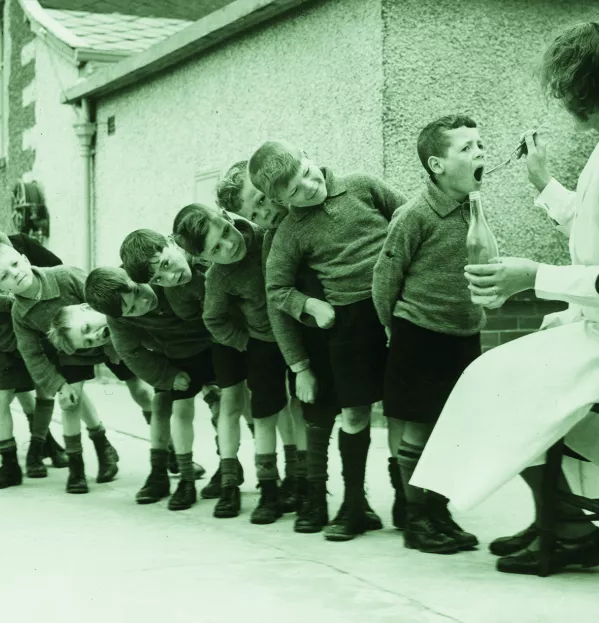Teachers, by and large, try very hard to do the best by their students. This involves a near-constant stream of tricky judgement calls, sometimes practical, sometimes philosophical. All of them important. How many A-levels should Little Jemima be advised to sit? Her teacher will make that call. Would Little Jonny’s politics class benefit from debate club or extra revision sessions? It’s more than likely it will fall to his teacher to decide.
And so it’s welcome that the government sometimes steps in to help with that burden, especially in awkward areas such as sex education. What aspects of copulation should be taught and when is one hell of a bunfight.
Education secretary Damian Hinds is in the process of discovering that the pesky issue of what should be on the PSHE curriculum is a perennial controversy, which has tripped up more than one of his predecessors.
PSHE has become the dumping ground for ministers to park any societal issue - not just sex - at the doors of schools. The global economy is in meltdown owing to dodgy credit? Put financial literacy on the curriculum. The nation’s children are hooked on deep-fried chicken? Make health education mandatory.
And schools suck it up, largely without complaint, because they understand that, to a lesser or greater extent, such innovations are likely to be good for their charges. They only really get pissed off when, as is too often the case, these changes come without sufficient preparation, funding or training.
As such, it would be understandable if heads and teachers, fresh from thumbing their way through the new sex-ed guidance, greeted our feature on gambling with a sigh: “Not another problem for us to resolve!”
The piece explores the huge growth of gambling in the UK, analyses its damaging effects on young people and asks whether there is anything teachers can do about it.
What is in no doubt is that there is a big issue. A 2018 Gambling Commission report warned that around 450,000 11- to 16-year-olds (14 per cent) had gambled in the past week - an extraordinary increase of 80,000 pupils on the 2017 figure. The survey also found that almost one in 25 pupils was now either a problem gambler or at risk of becoming one - compared with one in 45 a year earlier.
And there is probably something schools can do about it. Educating kids about how gambling works - essentially that the house always wins - is not a terrible idea.
However, just as no amount of well-framed sex-ed guidance is likely to be sufficiently powerful to fully counteract the proliferation of online porn, so we must be realistic about how much schools can do to face off Big Gambling.
The rise of the bookies has been extraordinary. One need only turn on the telly to watch the football or take a stroll down the high street to see the reach that they have. It is, frankly, horrifying.
To their credit, ministers are attempting to do something about the abomination of fixed-odds betting terminals, but that will be just a scratch on the surface of these vast companies. It is to be hoped that the government won’t turn to schools, expecting that teachers can do the rest.
Let us be clear: porn is society’s problem. Obesity is society’s problem. Gambling is society’s problem. These are not schools’ problems. The vast majority of teachers will be willing to play a part in tackling them, but that should be the limit of the expectation.
It shouldn’t be too much to hope that the public and our politicians might remember that teachers already have an awful lot on. But I wouldn’t bet on it.
@Ed_Dorrell
This article originally appeared in the 1 March 2019 issue under the headline “What are the odds schools can fix all society’s ills with PSHE?”
